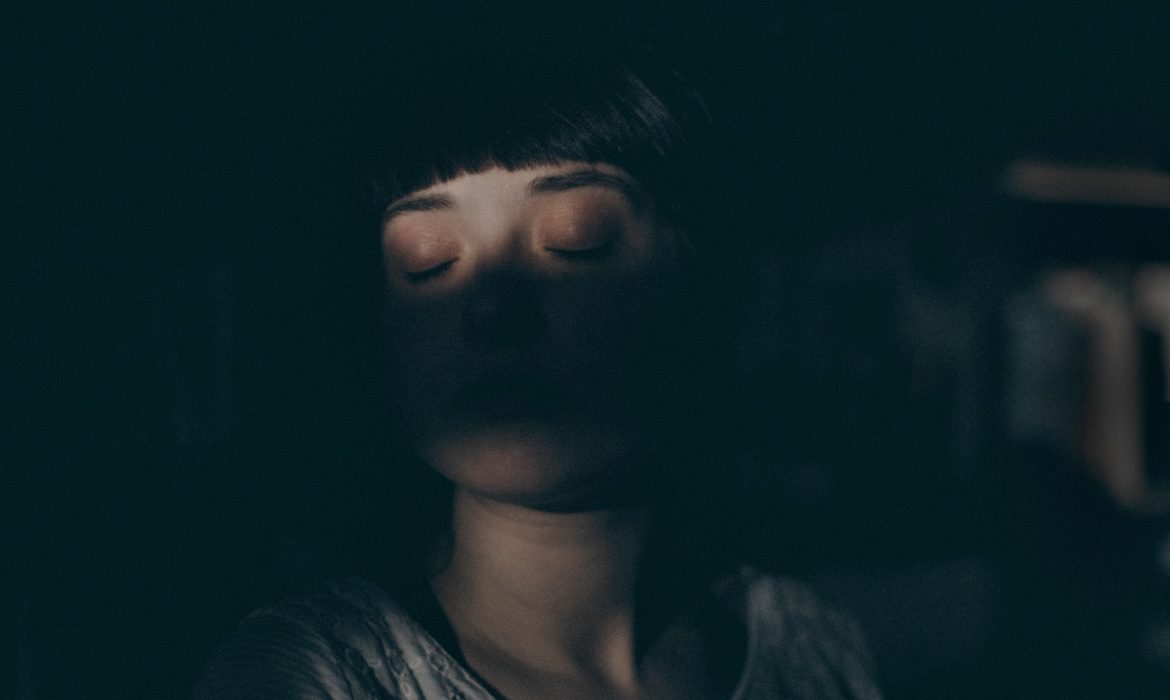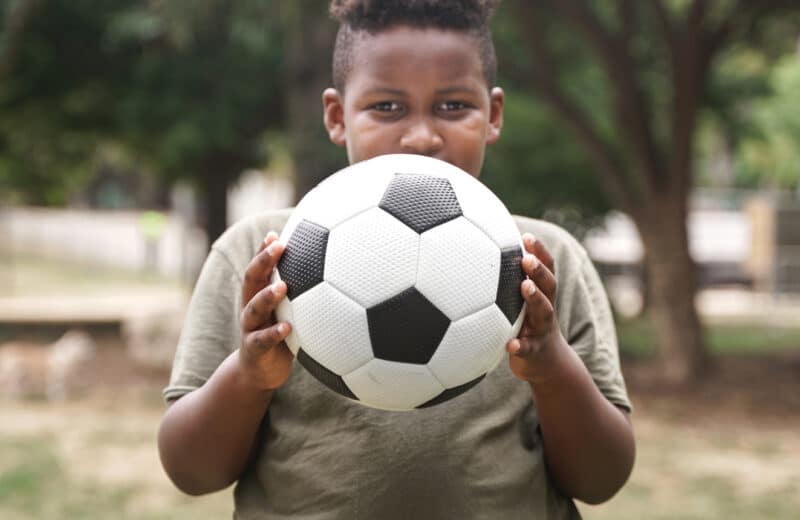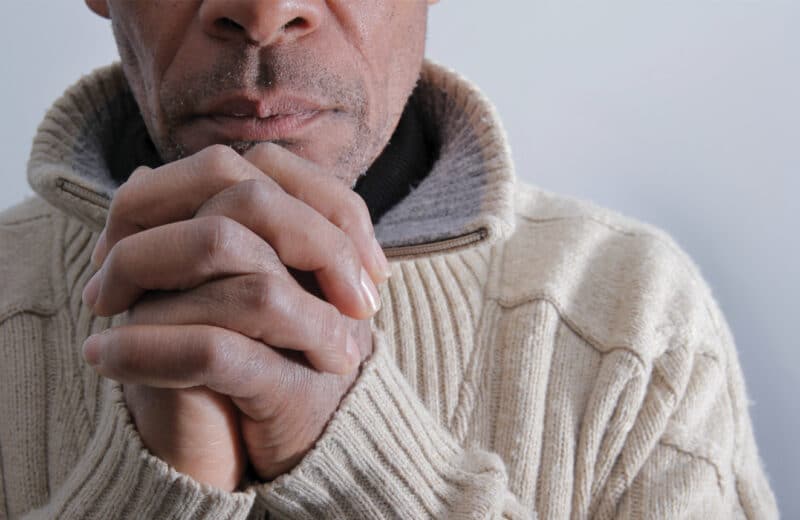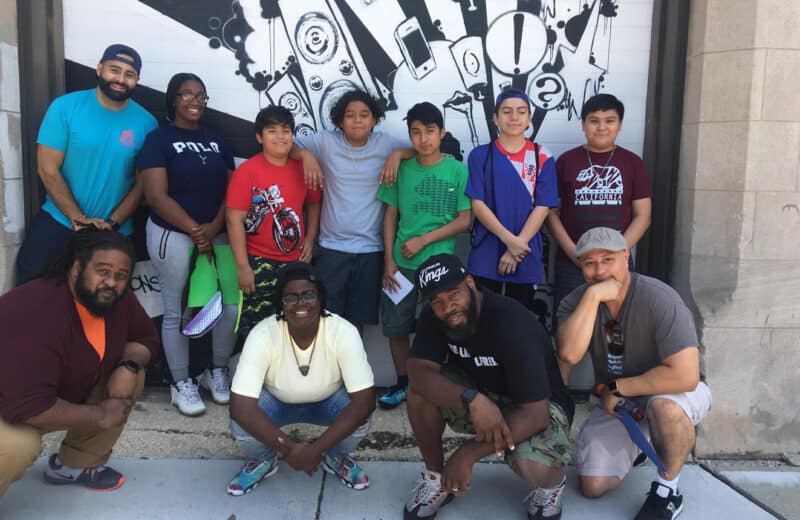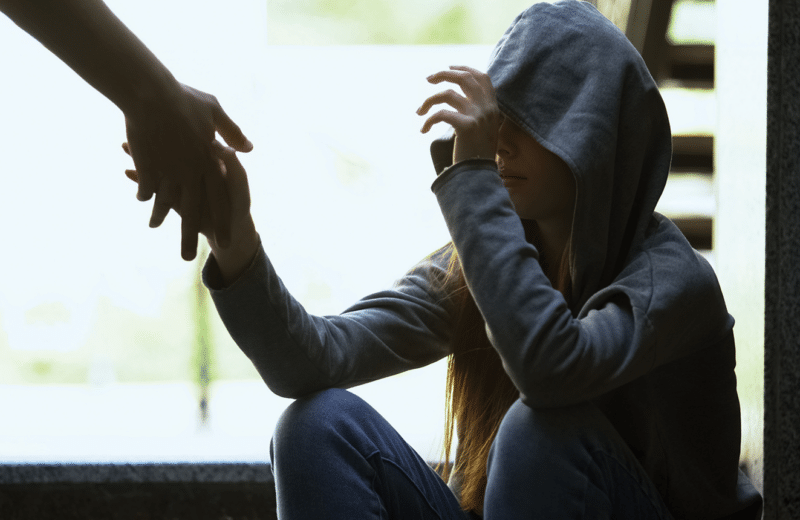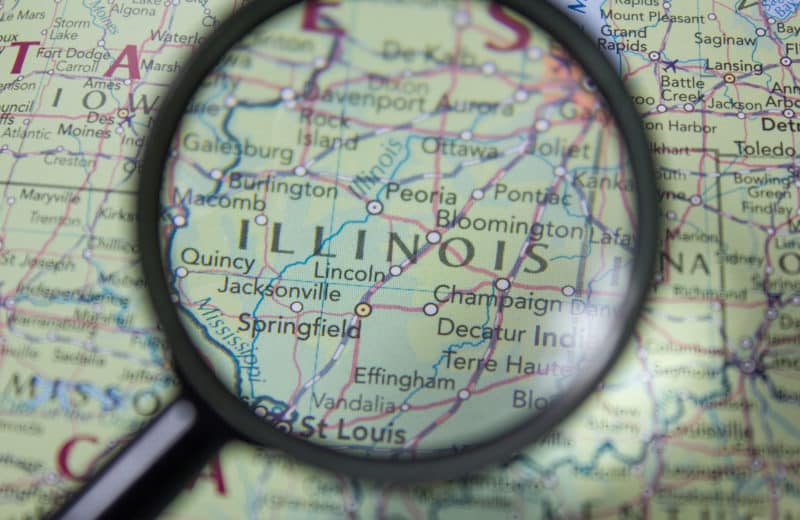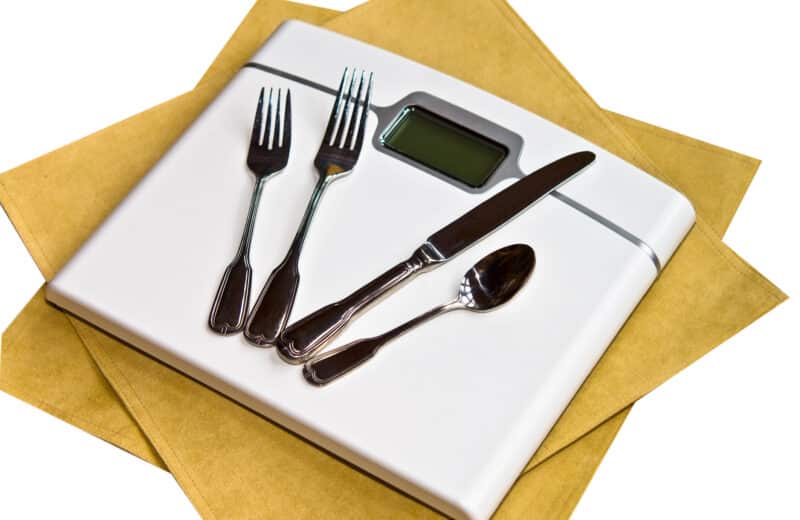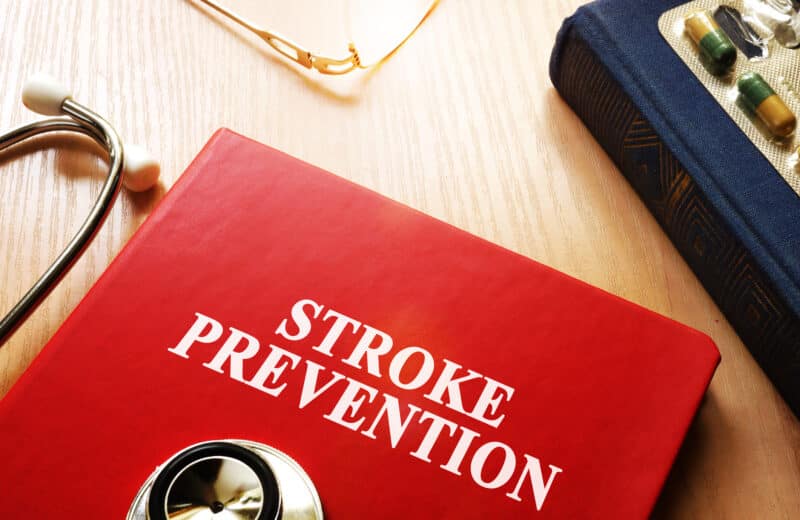Have trouble falling asleep? Wake up at 3 a.m. for no reason? Insomnia can rob you of energy the next day, fog your thinking and put you in harm’s way on the road.
If you’re relying on common crutches for sleeplessness, they won’t help your cause. Here, our sleep experts share their favorite and least favorite remedies for insomnia.
The 3 worst ways to get to sleep
1. Have a “nightcap” before bed.
Do you unwind with a glass of wine or a scotch and soda before bed?
“The literature shows that alcohol is the most abused drug for insomniacs,” says Nancy Foldvary-Schaefer, D.O., M.S. “It’s the single worst remedy you can use.”
Adds Michelle Drerup, M.D., “Drinking alcohol may make you feel drowsy. But as it wears off, it fragments the natural stages of sleep.”
Despite alcohol’s quickly sedating effect, when it’s metabolized a few hours later, it causes recurrent awakenings. Your deepest stage of sleep — REM (rapid eye movement) — is suppressed.
Drinking alcohol near bedtime may also worsen snoring and sleep apnea.
2. Bring electronics to bed with you.
Your bed is not the right place for smartphones, tablets or laptops.
“Lying in bed and ‘trying to sleep’ by playing games, checking your email, reviewing bank statements or paying bills online will backfire on you,” says Tina Waters, M.D.
The “blue” light from electronic devices prevents the release of melatonin from the brain’s pineal gland, preventing sleepiness. “Adolescents may be even more vulnerable to this effect than adults,” notes Foldvary-Schaefer
3. Rely on antihistamines.
Antihistamines like diphenhydramine (Benadryl) sure make you drowsy. But they’re not a long-term solution for insomnia.
“Antihistamines may help you get to sleep. But they accumulate in the brain over time, causing grogginess and even cognitive impairment the next day,” cautions Harneet Walia, M.D.
The 3 best ways to get to sleep
1. Get out of bed.
Can’t sleep? Get up, go to another room, and read a little, take a bath or try some other relaxing activity. That way, you won’t reinforce the unhappy habit of lying awake all night.
“Lying awake in bed is one of the least productive thing people with insomnia can do,” explains Foldvary-Schaefer. “It leads to a self-perpetuating cycle of chronic insomnia.”
2. Reset your body clock.
Start getting to bed and waking up about the same time every day — even on the weekend and your days off.
“A consistent schedule can help prevent ‘social jet lag’ from following a different sleep schedule on weekends,” says Drerup. “Just as a cross-country flight can disrupt circadian rhythms as you abruptly cross time zones, social jet lag will upset your body’s biological clock.”
Adds Walia, “Patients often don’t realize that maintaining a consistent sleep-wake schedule really works.”
3. Write your “to do” list early.
To keep “shoulds” off your mind when you’re trying to sleep, write your to-do list early in the evening.
“Later, when the house is quiet, unwind on the couch with a calming book under light from a low-wattage bulb. Sip on some soothing peppermint tea,” says Waters.
Try these suggestions from our experts to free yourself from the insomnia trap. A new sleep routine may make all the difference for you at night and the next day.
(A Wellness Update is a magazine devoted to up-to-the minute information on health issues from physicians, major hospitals and clinics, universities and health care agencies across the U.S. Online at www.awellnessupdate.com.)
(c) 2017 www.awellnessupdate.COM. DISTRIBUTED BY TRIBUNE CONTENT AGENCY, LLC.

